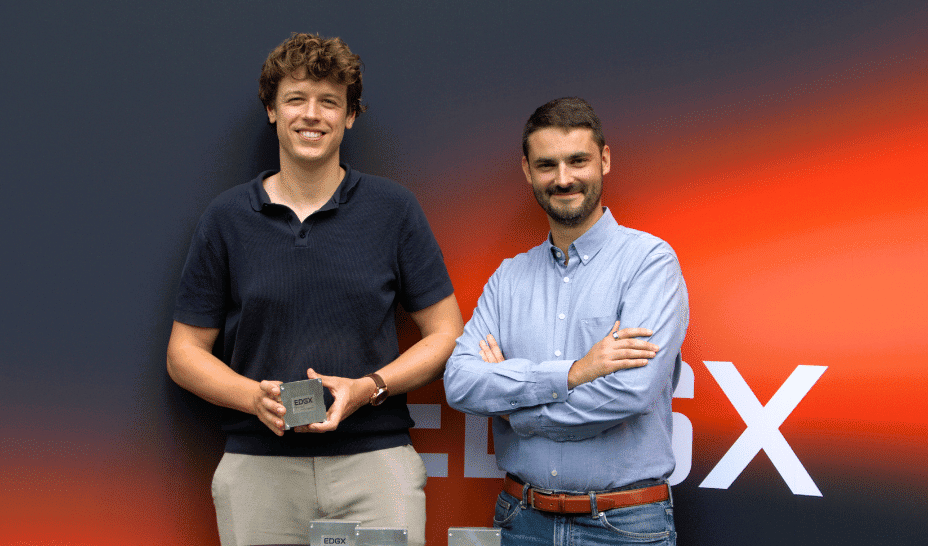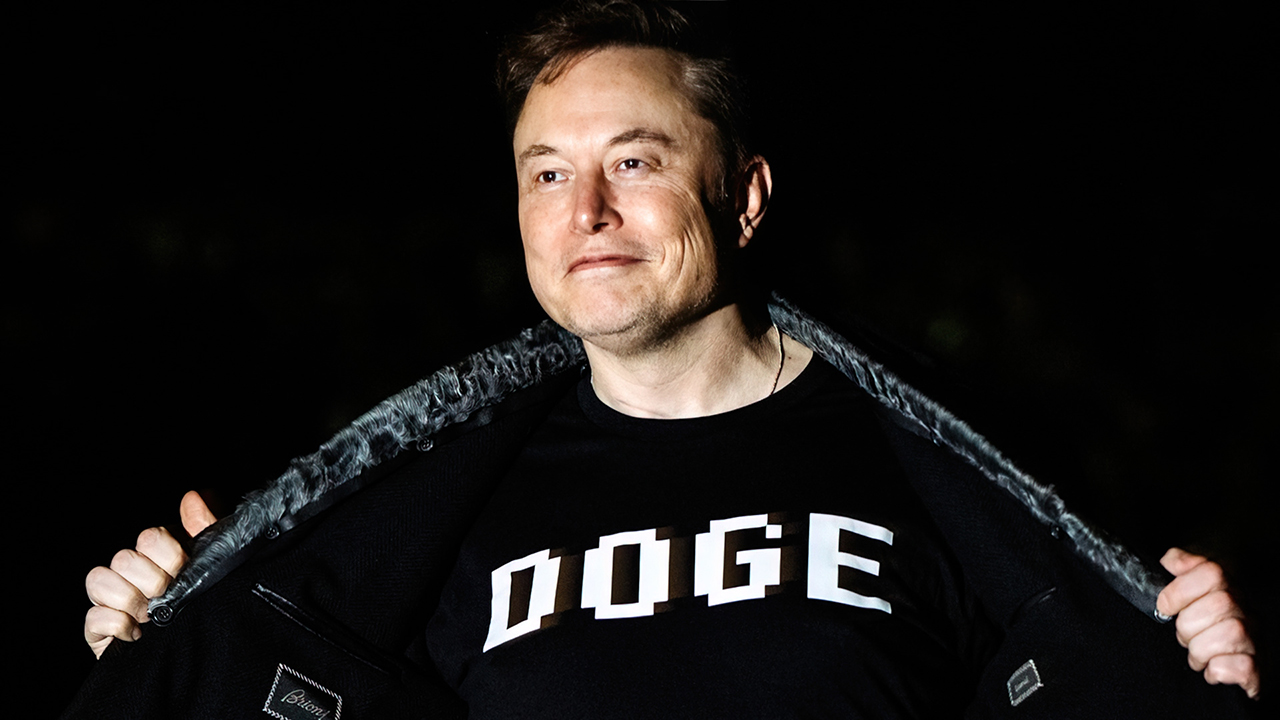Belgian SpaceTech innovator EDGX raises €2.3 million to boost onboard AI compute for satellites

Ghent-based SpaceTech startup EDGX has closed a €2.3 million Seed funding round to accelerate commercialisation of EDGX Sterna, its next generation edge AI computer for satellites.
The startup has also closed a multi-unit deal with a satellite operator worth €1.1 million and can already announce plans of an in-orbit demonstration on a SpaceX Falcon 9 mission in February 2026.
The funding round was co-led by the imec.istart future fund and, with participation from the Flanders Future Tech Fund, managed by the Flemish investment company PMV.
Wouter Benoot, Founder and CTO of EDGX, said: “Going from zero to a hundred, all-in, on a space startup is ambitious. Taking that mindset into Sterna’s development meant new challenges, constant learning, but real progress. What makes it work is the team. Each engineer brings fresh ideas, a drive to understand space, and a passion to make it real. We’re building a subsystem that powers the next generation of satellites.”
Founded in 2023, EDGX is a Belgian spacetech company focused on delivering the world’s fastest edge computing service for satellites. EDGX serves the satcom/telecom, Earth observation, and in-orbit servicing markets across commercial, government, and defence segments, with a particular focus on enabling AI and powerful data processing at scale in satellite constellations.
Its flagship product, the EDGX Sterna Computer, is a high-performance data processing unit (DPU) powered by NVIDIA technology. It provides the computational performance and AI acceleration needed to run complex algorithms directly in orbit. This capability allegedly eliminates the traditional bottleneck of sending massive raw datasets to Earth for processing, enabling satellite operators to deliver faster, more efficient, and data-driven services.
EDGX’s Sterna computer is powered by its SpaceFeather software stack, built for autonomous, resilient, and upgradeable satellite operations. It includes a space-hardened Linux OS with full traceability, a dedicated supervisory system for autonomous health monitoring, radiation fault detection and recovery, and an in-orbit application framework for deploying new capabilities post-launch.
Roald Borré, Head of Venture Capital and member of the Executive Committee at PMV said: “This round of financing will enable us to support EDGX’s strong team in bringing promising Flemish technology to market and developing it further. EDGX is one of the few European players to offer a product that is high-performance, accessible and robust, giving it unique advantages in the fast-growing market for edge computing in space, not least in terms of strengthening Europe’s technological position in a strategic sector such as space infrastructure.”
EDGX’s engineering and design combines commercial AI acceleration with space-grade reliability, reportedly offering satellite constellation operators a level of onboard computing performance that has previously been unattainable.
For spectrum monitoring, Sterna enables powerful in-orbit processing to locate and classify radio signals and generate dynamic spectrum maps, a key capability that helps satellite operators understand how frequencies are used in real time, avoid interference, and allocate bandwidth more efficiently to deliver optimal communication services.
In Earth observation, Sterna supports intelligent surveillance and reconnaissance (ISR) by analysing high-resolution imagery directly onboard. This means satellites can immediately detect and flag objects like ships, vehicles, or infrastructure, and respond to time-sensitive events such as floods, wildfires, or earthquakes. According to the company the result is faster decisions, more efficient missions, and life-saving intelligence turning passive observation into real-time situational awareness.
Kris Vandenberk, managing partner at imec.istart future fund said: “EDGX represents exactly the kind of transformative infrastructure play we look for. The space industry is hitting a fundamental bottleneck; we’re generating massive amounts of data in orbit but still using outdated ‘store and forward’ architectures. EDGX is solving this by bringing AI-powered edge computing directly into space, enabling satellites to analyse and act on data in real-time rather than waiting for ground processing.”
Sterna also powers 5G and 6G from orbit. By moving base station processing capabilities to space, like onboard gNodeB, it enables satellites to participate directly in next-generation mobile networks.
This paves the way for seamless direct-to-device connectivity; delivering high-speed internet to remote, underserved, or disaster-affected areas where traditional infrastructure falls short.
In addition to the in-orbit demonstration in February, two further flights are already scheduled for 2026.
Commenting on the news, Nick Destrycker, Founder and CEO said: “Customers aren’t waiting for flight validation, they’re signing now. With a full launch manifest, secured commercial contracts, and our first mission set for Falcon 9, this funding enables us to scale to meet demand for real-time intelligence from space.”
The post Belgian SpaceTech innovator EDGX raises €2.3 million to boost onboard AI compute for satellites appeared first on EU-Startups.














































